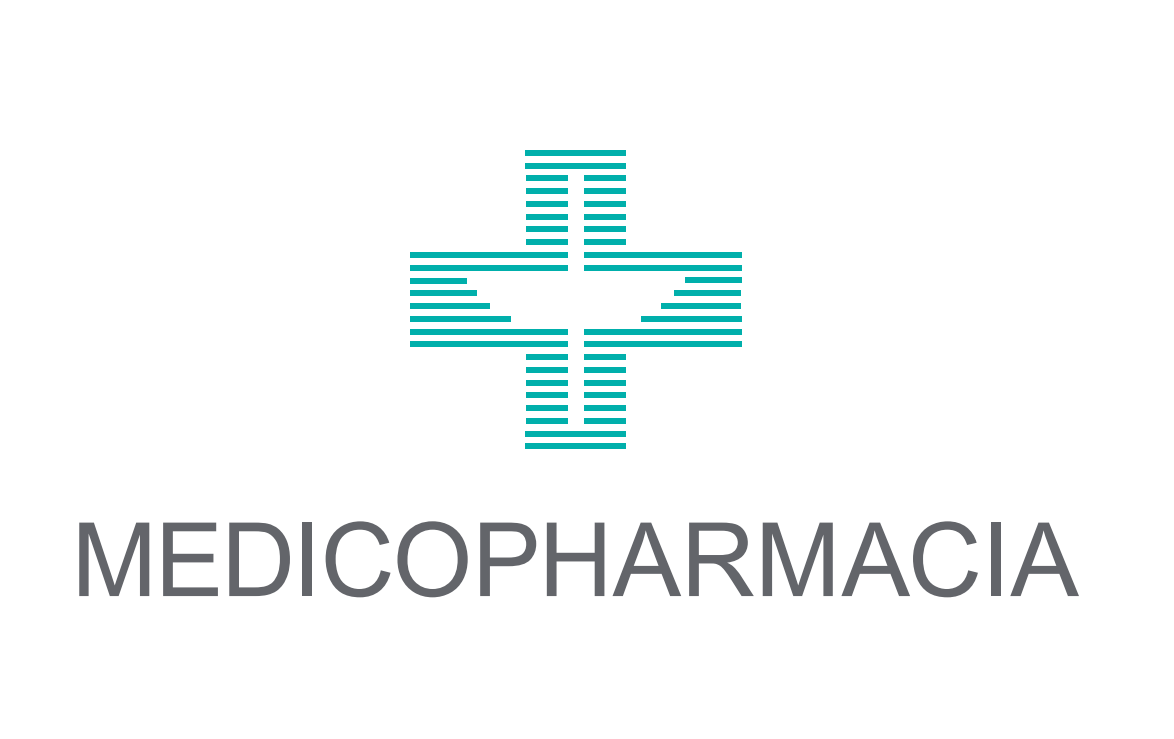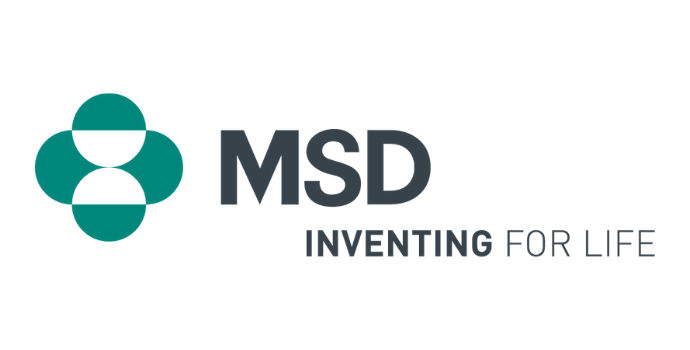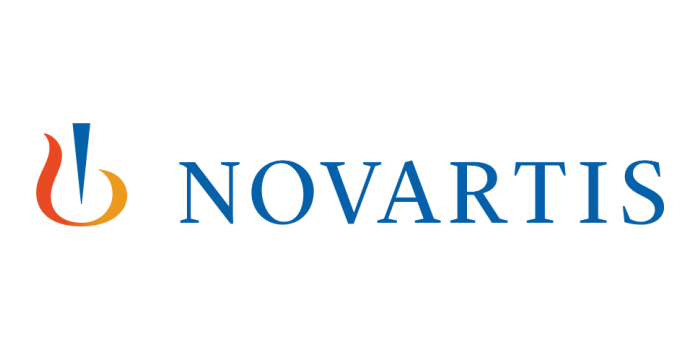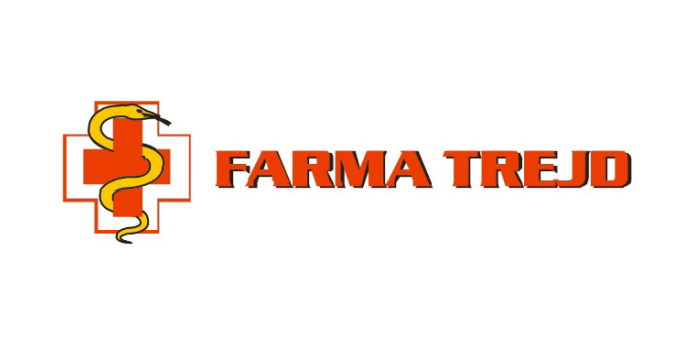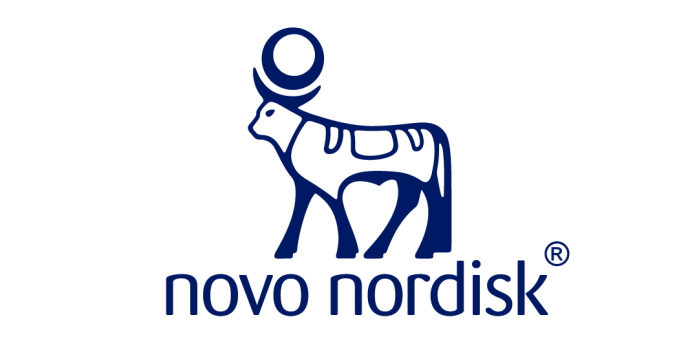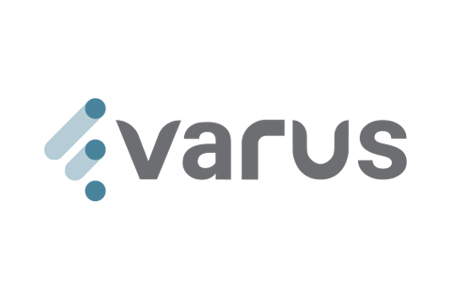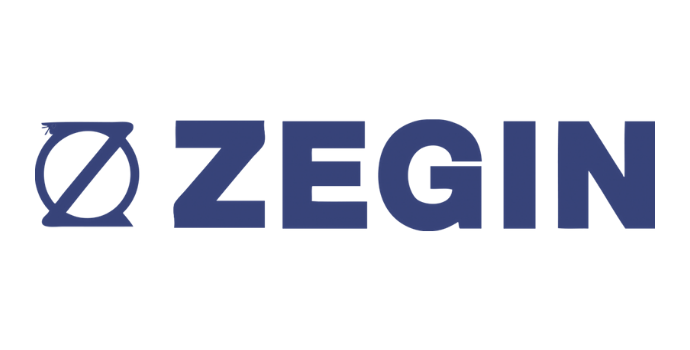CONFERENCE OVERVIEW
The conference will focus on the role of healthcare investments in driving both societal well-being and economic growth. It will explore how innovative healthcare solutions, when effectively measured and implemented, can improve health outcomes, boost productivity, and provide long-term savings for public budgets. The discussions will emphasize the importance of integrating healthcare into broader financial and economic planning, highlighting the need for collaboration between healthcare and financial policymakers to maximize the societal value of innovations.
Additionally, the conference will address the urgent need for strategic healthcare reforms in North Macedonia, particularly in addressing the significant burden of non-communicable diseases (NCDs). By presenting real-world examples and regional best practices, participants will gain insights into how policy measures, patient-centered care pathways, and innovative pricing models can expand access to life-saving treatments. The sessions will aim to demonstrate how these changes can not only improve public health but also contribute to the country’s long-term economic development.
150+
PARTICIPANTS
25+
3+
SESSIONS
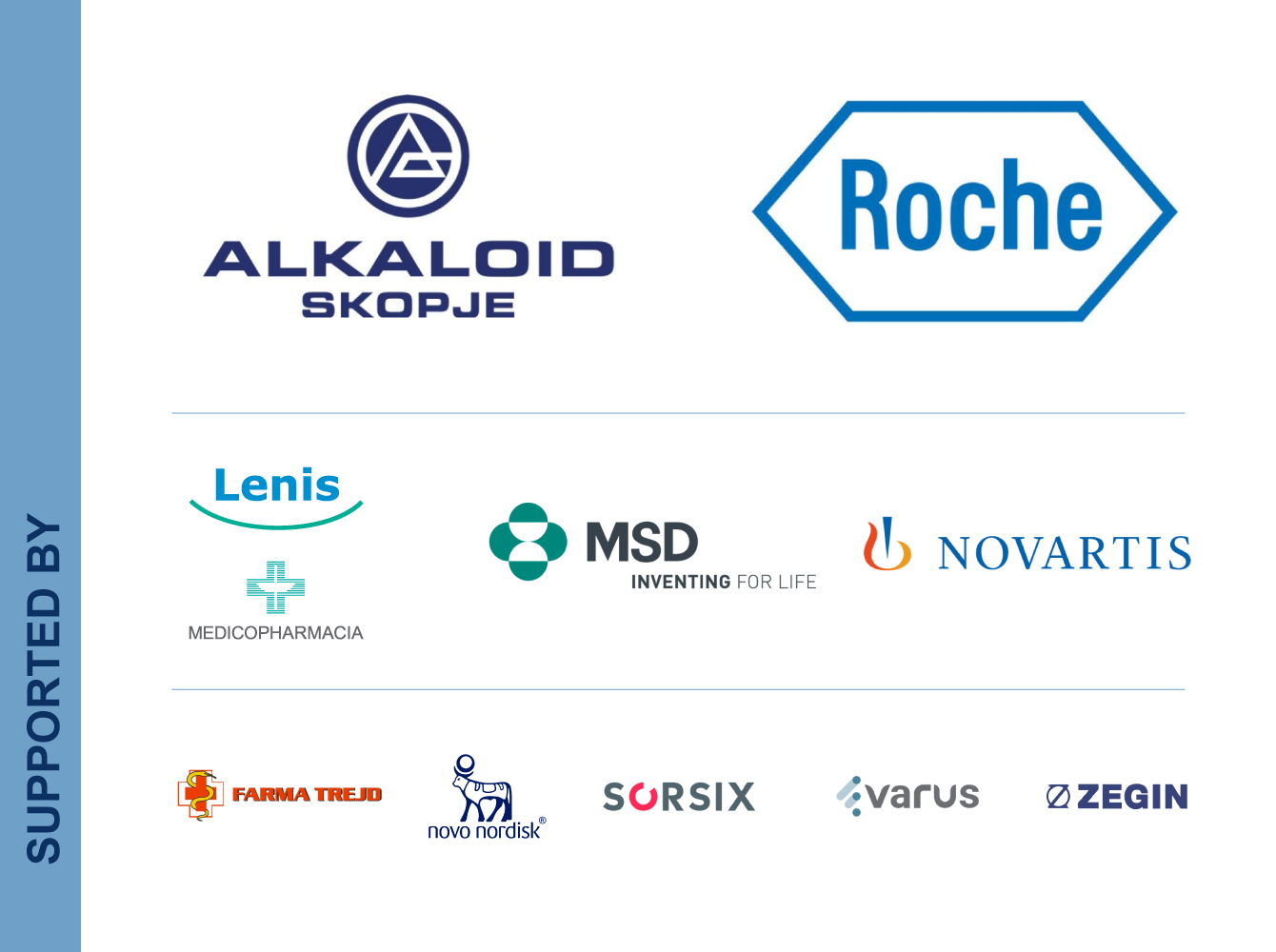
MEET THE KEYNOTE SPEAKERS

DR. WIM GROOT
Professor of Health Economics
@
Maastricht University, NetherlandsWim Groot (1960) is Professor of Health Economics at the Faculty of Health Medicine and Life Sciences since 1998 and Professor of Evidence Based Education at the School of Business and Economics since 2008, both at Maastricht University. Between 2015 and 2019 he was also Professor of Evidence Based Education and Labor Market Policy at the Faculty of Economics and Business of the University of Amsterdam. In 1986 he received a M.A. degree in Economics from the University of Amsterdam and in 1992 a Ph.D degree in Economics from the same university.
Between 2007 and 2015 he was a crown member of the Council of Public Health and Health Care (Raad voor de Volksgezondheid en Zorg, RVZ), the main advisory council for the minister of health in the Netherlands. Between 2016 and 2024 he was a member of the board of governance (RVT) of the Dutch Patient Federation (Patientenfederatie). Until 2023 he was a member of the Advisory Board Health Care of the ING Bank and until 2021 he was chairman of the expert panel of the National Federation of Cancer Patient Organizations (NFK), He was a consultant for various ministries and the province of Limburg in the Netherlands and for organizations like the European Commission, OECD and the Worldbank.
Currently, he is a member of the ZoNMW committees ‘Outcome-related care’ (‘Uitkomstgerichte Zorg’), ‘Outcome-related organising and paying for health care’ (‘Uitkomstgerichte Organiseren en Betalen’) and ‘Evaluation Program Doelmatigheidsonderzoek’ and member of the NWO-Vici committee. He is a consultant for the Swiss Agency for Development and Co-operation on medical education reform in the Ukraine.
He has published more than 400 papers in international scientific journals. Until 2024, he successfully supervised more than 60 PhD students. He was a columnist for Het Financieele Dagblad, Algemeen Dagblad, Zorgvisie, Avanta en HO Management. He is currently a columnist for the Observant and frequently writes for Wynia’s Week.
In 2004 he obtained an honorary doctorate from the National University of Kiyv-Mohyla Academy in the Ukraine.

DR. MALINA MÜLLER
Head of Health Economics
@
WifOR Institute
Dr. Malina Müller heads the research field Health Economics at WifOR Institute, specializing in statistics, health policy, and alternative economies. Her aim is to achieve health for all by making the significance of health interventions visible. She envisages a society in which the medical and socioeconomic benefits of innovations in healthcare are valued according to their true worth – by making the Social Impact of health interventions visible. Alongside her Health Economics team, Dr. Müller enables stakeholders from politics and business to recognize the value of health to society, where gaps in healthcare exist, and which measures can effectively deliver better, more resilient health. Dr. Malina Müller holds a PhD on the determinants of healthcare utilization in German social health insurance (SHI) and is a guest lecturer at various universities across Germany. She covers topics including Health Economic Decision Modelling, Labor Market and Alternative Economics, and Institutional Economics. Since joining the Health Economics team at WifOR in 2016, Dr. Müller has lead research projects analyzing the Social Impact of medical innovations and the long-term benefits of preventative approaches for populations at a macro level. Her research models the efficacy and return on investment (ROI) of innovative medicines using advanced econometrics, statistical methodologies, and simulations.

MR. ARKADI SHARKOV
Healthcare Economist
@
ЕКИП, Sofia
Mr. Arkadi Sharkov is a macroeconomist with extensive experience in health systems analysis and public management. His narrow interest is in health budgeting, tax policies, and incentives for more affordable health care, as well as optimization of public budgets. He has extensive experience in cost-benefit analyses related to the penetration of medicinal products and the valuation of clinical pathways in hospitals. He holds a Master’s degree in Public Policy from Maastricht University and the United Nations University. Currently, he is an assistant professor and a PhD candidate at Sofia University “St. Kliment Ohridski” and the Higher School of Insurance and Finance, where he teaches social and health insurance. He is a member of the Advisory board of the Bulgarian Medical Union. He has been an economic advisor to the Minister of Health in three governments.
PANELISTS
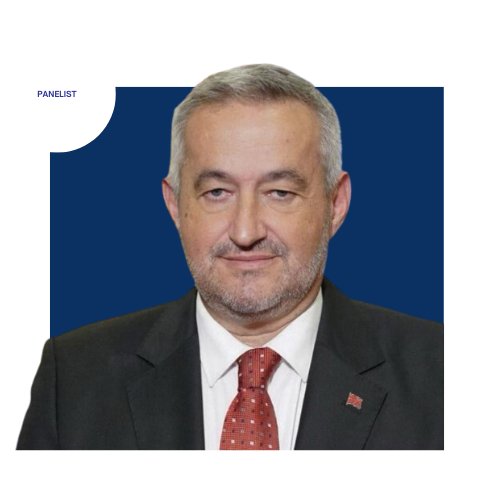
MR. SASHO KLEKOVSKI
Director @
Health Insurance Fund of the
Republic of North Macedonia
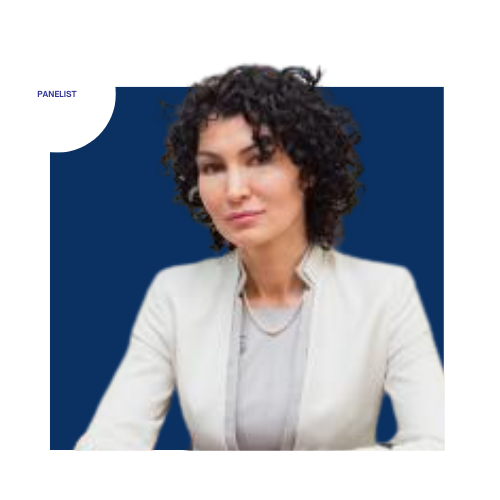
MS. RITA COLUMBIA
United Nations Resident Coordinator
in North Macedonia
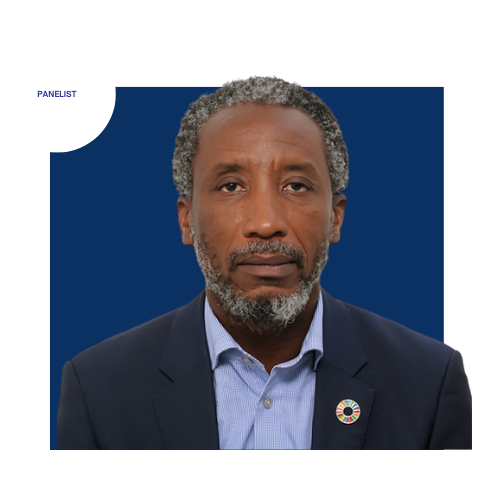
MR. AKEEM ALI
Head of Country Office @
World Health Organization -
North Macedonia

MR. ZHIVKO MUKAETOV
CEO @
Alkaloid AD Skopje

MR. FRANCOIS DU TOIT
Pharma Area Head CEETRIS @
Roche

MR. IGOR NIKOLOV
Advisor for Healthcare @
Cabinet of Prime Minister

MR. IGOR BELINA
President @
Coalition of Associations in Healthcare Croatia
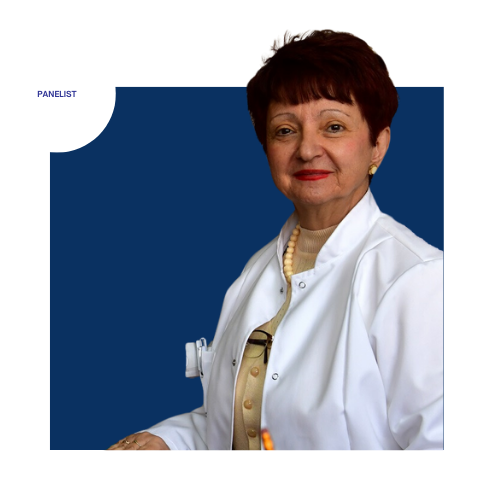
MS. ELENA KJOSEVSKA
Specialist for Social Medicine and Public Health, Head of Department for Health Promotion and Monitoring NCDs @
Institute of Public Health

MR. STEVE MORTON
Public Health Specialist/Consultant
England, United Kingdom

MS. VITA GODEC
Managing Director @
Lenis/Medicopharmacia
Central and Eastern Europe

MR. SAVA TODOROV
Associated Director
Policy & Communication @
MSD
Bulgaria, Albania, North Macedonia
and Kosovo

MR. KLITI HOTI
Executive Director @
Novartis
Tirana, Skopje and Pristina
TOPICS
How healthcare investments can be effectively measured in terms of both tangible and intangible outcomes. It’s about understanding that the benefits of healthcare spending go beyond immediate health improvements and cost savings, extending to aspects like quality of life and societal well-being. By presenting various perspectives, creative approaches, and real-world examples, it will be illustrated that establishing a performance measurement system in the healthcare sector is not only possible but also essential for ensuring that investments deliver sustainable and meaningful value to communities and economies.
It is estimated that non-communicable diseases (NCDs) account for a staggering 95% of all deaths in North Macedonia, with cardiovascular diseases (61%) and cancers (21%) being the primary contributors, while diabetes and chronic respiratory diseases account for the remainder. This emphasizes the urgent need for increased investment and strategic action. The profound impact of NCDs underscores the need for developing critical measures to address them effectively: establishment of accurate patient registries, the importance of defining patient pathways to ensure patient-centered care, and the development of comprehensive national cancer plans.
Neighboring countries have adopted diverse strategies to improve access to medicines: what is the current status of access to medicines across these regions and the approaches taken to tackle Health Technology Assessment (HTA), Managed Entry Agreements (MEA), pricing, reimbursement, and the cost of illness. How to utilize best practices and innovative solutions that can drive societal value and enhance healthcare outcomes on a broader scale to ensure equitable access to life-saving treatments.


